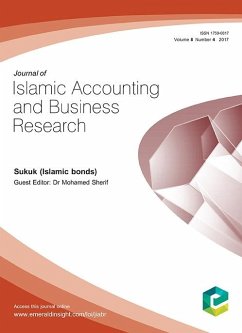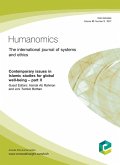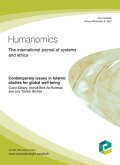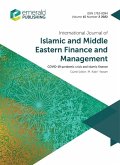We are pleased to bring to our readership this ebook on sukuk (Islamic bonds), a recent innovation that has changed the dynamics of the Islamic finance industry. In the last few years, the use of sukuk has become increasingly popular both as a means for government in raising finance through sovereign issues as well as a way for companies to raise funding through the offer of corporate sukuk. These sukuk are structured in such a way that returns can be generated to investors without infringing Islamic law that prohibits riba or interest. The first sukuk was issued by Malaysia in 2000, followed by Bahrain in 2001. Since then, sukuk has developed as one of the most significant mechanisms for raising finance in the international capital markets through Islamically acceptable structures. Multinational corporations, sovereign bodies, state corporations and financial institutions use international sukuk issuance as an alternative to syndicated financing.Each article in this issue adopts different research orientation and explores different aspects of sukuk issuance. The first three articles focus on the choice of instruments, particularly on the risk and return. Sherif and Erkol examine the abnormal return associated with issuing sukuk pre and post the financial crisis while Nasir & Farooq and Alswaidan & Daynes investigate sukuk risk classification schemes. This is followed by Hummel and Goud who explored the tax increment financing aspect with Rafay, Sadiq & Ajmal investigating the determinants and importance of establishing a universal framework for sukuk. Finally, Ahroum & Achchab suggest a new parameter to explain sukuk musharakah.To understand the implications of these articles, we must understand the importance of both conventional bond regulations and Shariah law, as well as how they are used within the current investment environment. We need to look at how Shariah law views investment transactions and seek an alternative to conventional bonds that can be applied effectively within the ethical investment industry. In essence, these six articles explain the fundamental elements of sukuk associated with investors' decision-making. By having more articles published along the theme of this ebook, we believe that the findings would be useful for investors and regulators interested in planning the fixed-rate sukuk and conventional bonds investment. In short, we hope that the articles in this ebook will prompt more discussion on how sukuk as an alternative to conventional bonds can be addressed or developed to accommodate investment practices in accordance with shariah law. By developing a thorough understanding of how shariah law can be applied in the current investment environment, will help us better understand the differences between shariah and conventional investments.
Dieser Download kann aus rechtlichen Gründen nur mit Rechnungsadresse in A, B, BG, CY, CZ, D, DK, EW, E, FIN, F, GR, HR, H, IRL, I, LT, L, LR, M, NL, PL, P, R, S, SLO, SK ausgeliefert werden.









